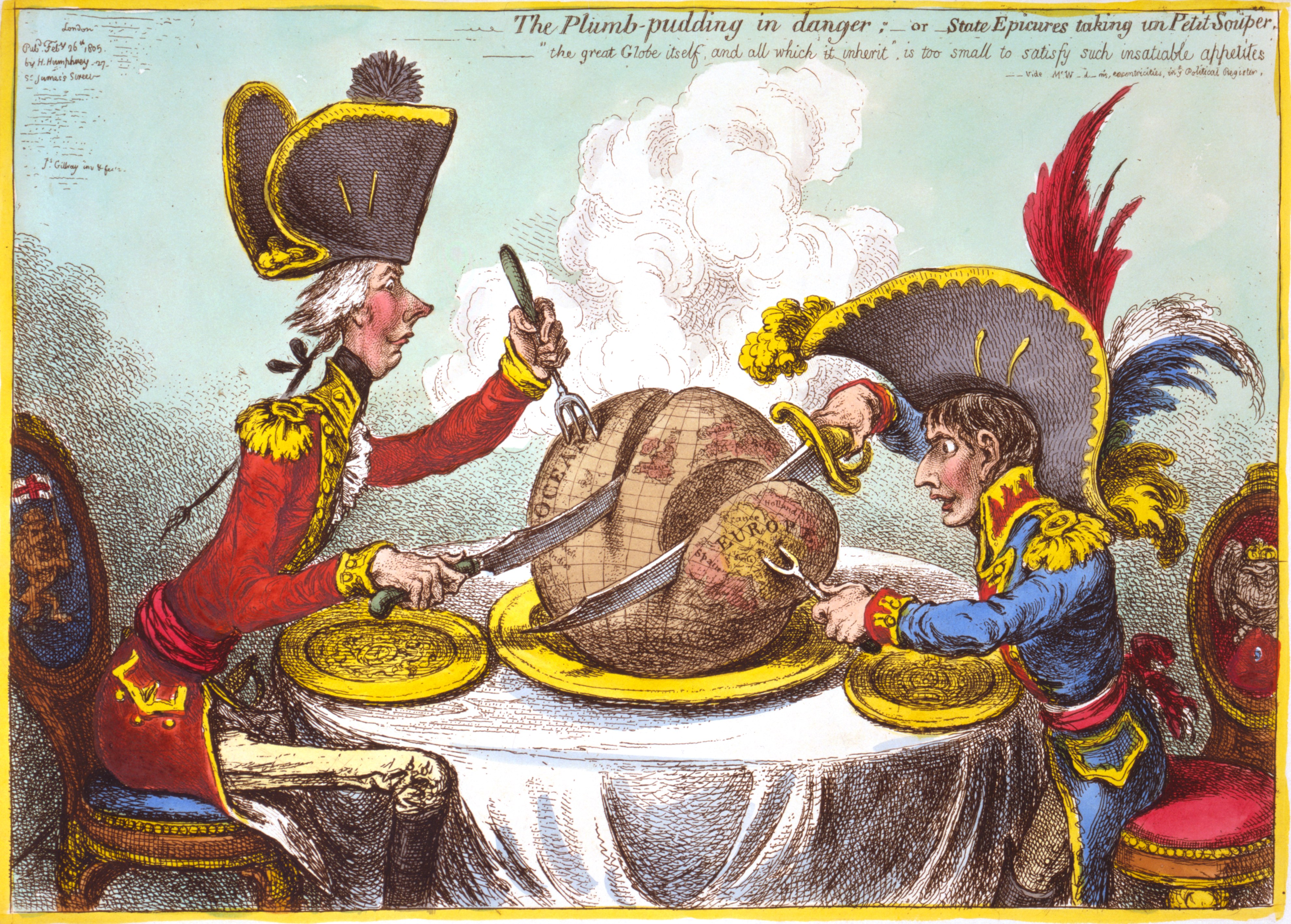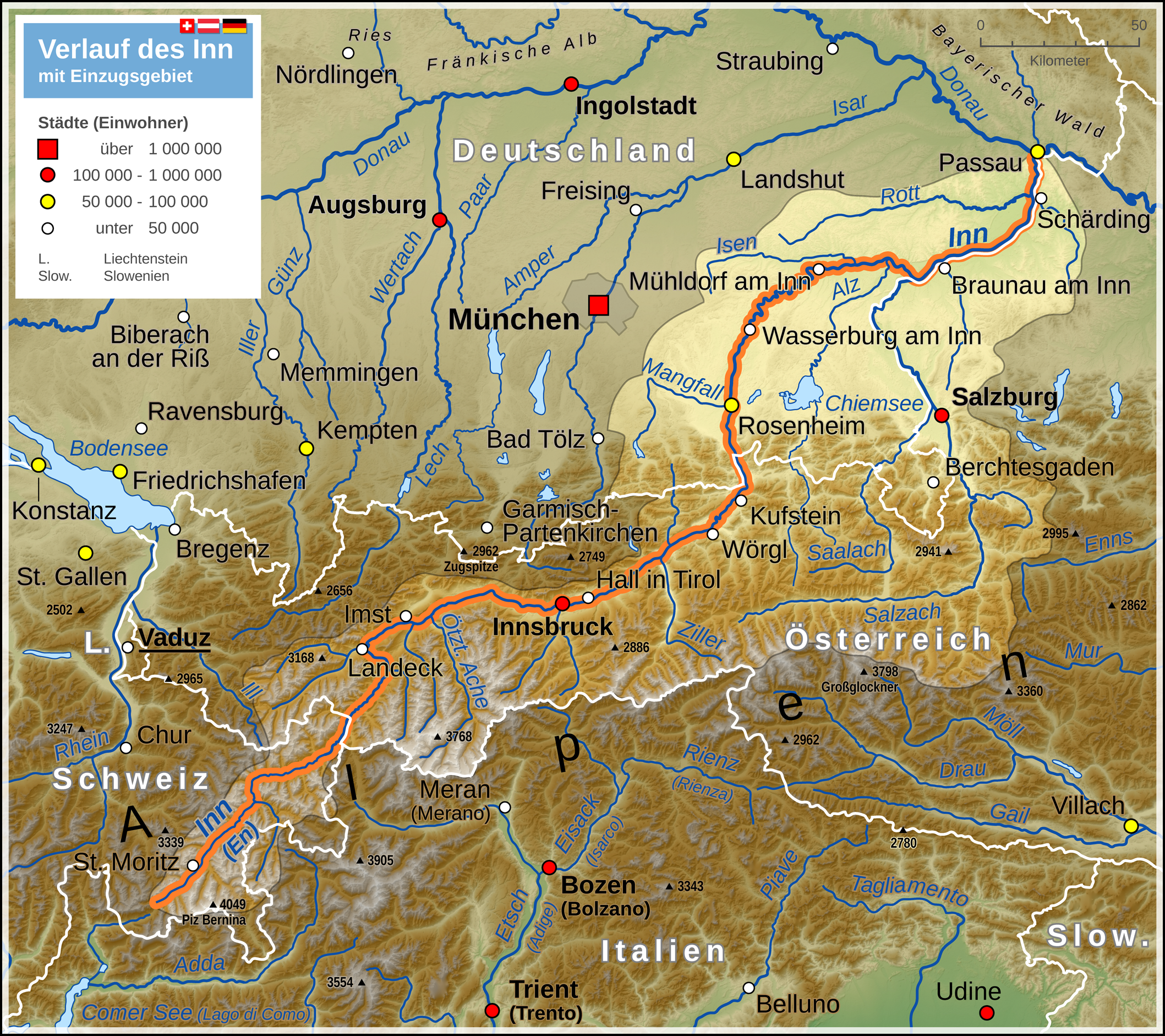|
Battle Of Elchingen
The Battle of Elchingen, fought on 14 October 1805, saw French forces under Michel Ney rout an Austrian corps led by Johann Sigismund Riesch. This defeat led to a large part of the Austrian army being invested in the fortress of Ulm by the army of Emperor Napoleon Bonaparte of France while other formations fled to the east. Soon afterward, the Austrians trapped in Ulm surrendered and the French mopped up most of the remaining Austrian forces, bringing the Ulm Campaign to a close. In late September and early October 1805, Napoleon carried out a gigantic envelopment of the Austrian army in Bavaria led by Karl Mack von Lieberich. While the Austrian army lay near Ulm, south of the Danube River, the French army marched west on the north side of the river. Then Napoleon's troops crossed the river east of Ulm, cutting the Austrian retreat route to Vienna. Finally waking up to his danger, Mack tried to break out on the north side of the river, but a lone French division blocked his f ... [...More Info...] [...Related Items...] OR: [Wikipedia] [Google] [Baidu] |
War Of The Third Coalition
The War of the Third Coalition) * In French historiography, it is known as the Austrian campaign of 1805 (french: Campagne d'Autriche de 1805) or the German campaign of 1805 (french: Campagne d'Allemagne de 1805) was a European conflict spanning the years 1805 to 1806. During the war, France and its client states under Napoleon I opposed an alliance, the Third Coalition, made up of the United Kingdom, the Holy Roman Empire, the Russian Empire, Naples, Sicily and Sweden. Prussia remained neutral during the war. Britain had already been at war with France following the breakdown of the Peace of Amiens and remained the only country still at war with France after the Treaty of Pressburg. From 1803 to 1805, Britain stood under constant threat of a French invasion. The Royal Navy, however, secured mastery of the seas and decisively destroyed a Franco-Spanish fleet at the Battle of Trafalgar in October 1805. The Third Coalition itself came to full fruition in 1804–05 as Napole ... [...More Info...] [...Related Items...] OR: [Wikipedia] [Google] [Baidu] |
Danube
The Danube ( ; ) is a river that was once a long-standing frontier of the Roman Empire and today connects 10 European countries, running through their territories or being a border. Originating in Germany, the Danube flows southeast for , passing through or bordering Austria, Slovakia, Hungary, Croatia, Serbia, Romania, Bulgaria, Moldova, and Ukraine before draining into the Black Sea. Its drainage basin extends into nine more countries. The largest cities on the river are Vienna, Budapest, Belgrade and Bratislava, all of which are the capitals of their respective countries; the Danube passes through four capital cities, more than any other river in the world. Five more capital cities lie in the Danube's basin: Bucharest, Sofia, Zagreb, Ljubljana and Sarajevo. The fourth-largest city in its basin is Munich, the capital of Bavaria, standing on the Isar River. The Danube is the second-longest river in Europe, after the Volga in Russia. It flows through much of Central and Sou ... [...More Info...] [...Related Items...] OR: [Wikipedia] [Google] [Baidu] |
Munich
Munich ( ; german: München ; bar, Minga ) is the capital and most populous city of the States of Germany, German state of Bavaria. With a population of 1,558,395 inhabitants as of 31 July 2020, it is the List of cities in Germany by population, third-largest city in Germany, after Berlin and Hamburg, and thus the largest which does not constitute its own state, as well as the List of cities in the European Union by population within city limits, 11th-largest city in the European Union. The Munich Metropolitan Region, city's metropolitan region is home to 6 million people. Straddling the banks of the River Isar (a tributary of the Danube) north of the Northern Limestone Alps, Bavarian Alps, Munich is the seat of the Bavarian Regierungsbezirk, administrative region of Upper Bavaria, while being the population density, most densely populated municipality in Germany (4,500 people per km2). Munich is the second-largest city in the Bavarian dialects, Bavarian dialect area, ... [...More Info...] [...Related Items...] OR: [Wikipedia] [Google] [Baidu] |
Karl Mack Von Leiberich
Karl Freiherr Mack von Leiberich (25 August 1752 – 22 December 1828) was an Austrian soldier. He is best remembered as the commander of the Austrian forces that capitulated to Napoleon's ''Grande Armée'' in the Battle of Ulm in 1805. Early career Karl Leiberich was born at Nennslingen, in the Principality of Ansbach. In 1770 he joined an Austrian cavalry regiment, in which his uncle, Leiberich, was a squadron commander, becoming an officer seven years later. During the brief War of the Bavarian Succession he was selected for service on the staff of Count Kinsky, under whom, and subsequently under the commander-in-chief Field Marshal Count Lacy, he did excellent work. He was promoted first lieutenant in 1778, and captain on the quartermaster-general's staff in 1783. Count Lacy, then the foremost soldier of the Austrian army, had the highest opinion of his young assistant. In 1785 Mack married Katherine Gabrieul, and was ennobled under the name of Mack von Leiberich. In the ... [...More Info...] [...Related Items...] OR: [Wikipedia] [Google] [Baidu] |
Indiana University Press
Indiana University Press, also known as IU Press, is an academic publisher founded in 1950 at Indiana University that specializes in the humanities and social sciences. Its headquarters are located in Bloomington, Indiana. IU Press publishes 140 new books annually, in addition to 39 academic journals, and maintains a current catalog comprising some 2,000 titles. Indiana University Press primarily publishes in the following areas: African, African American, Asian, cultural, Jewish, Holocaust, Middle Eastern studies, Russian and Eastern European, and women's and gender studies; anthropology, film studies, folklore, history, bioethics, music, paleontology, philanthropy, philosophy, and religion. IU Press undertakes extensive regional publishing under its Quarry Books imprint. History IU Press began in 1950 as part of Indiana University's post-war growth under President Herman B Wells. Bernard Perry, son of Harvard philosophy professor Ralph Barton Perry, served as the first d ... [...More Info...] [...Related Items...] OR: [Wikipedia] [Google] [Baidu] |
Main River
Main rivers () are a statutory type of watercourse in England and Wales, usually larger streams and rivers, but also some smaller watercourses. A main river is designated by being marked as such on a main river map, and can include any structure or appliance for controlling or regulating the flow of water in, into or out of a main river. Every other open watercourse in England and Wales is determined by statute as an 'ordinary watercourse'. England The Environment Agency carries out maintenance, improvement or construction work on main rivers to manage flood risk as part of its duties and powers as defined by the Flood and Water Management Act 2010. The Environment Agency's powers to carry out flood defence works apply to main rivers and the sea only; they do not apply to ordinary watercourses. The Environment Agency does not ''have'' to maintain or construct new works on main rivers or the sea and it is unlikely to maintain a watercourse to improve its amenity or to stop erosion t ... [...More Info...] [...Related Items...] OR: [Wikipedia] [Google] [Baidu] |
Maximilian I Joseph Of Bavaria
Maximilian I Joseph (german: Maximilian I. Joseph; 27 May 1756 – 13 October 1825) was Duke of Zweibrücken from 1795 to 1799, prince-elector of Bavaria (as Maximilian IV Joseph) from 1799 to 1806, then King of Bavaria (as Maximilian I Joseph) from 1806 to 1825. He was a member of the House of Palatinate-Birkenfeld-Zweibrücken, a branch of the House of Wittelsbach. Early life Maximilian, the son of the Count Palatine Frederick Michael of Zweibrücken-Birkenfeld and Maria Francisca of Sulzbach, was born on 27 May 1756 at Schwetzingen, between Heidelberg and Mannheim. After the death of his father in 1767, he was left at first without parental supervision, since his mother had been banished from her husband's court after giving birth to a son fathered by an actor. Maximilian was carefully educated under the supervision of his uncle, Duke Christian IV of Zweibrücken, who settled him in the Hôtel des Deux-Ponts. He became Count of Rappoltstein in 1776 and took service in 17 ... [...More Info...] [...Related Items...] OR: [Wikipedia] [Google] [Baidu] |
Augsburg
Augsburg (; bar , Augschburg , links=https://en.wikipedia.org/wiki/Swabian_German , label=Swabian German, , ) is a city in Swabia, Bavaria, Germany, around west of Bavarian capital Munich. It is a university town and regional seat of the ''Regierungsbezirk'' Schwaben with an impressive Altstadt (historical city centre). Augsburg is an urban district and home to the institutions of the Landkreis Augsburg. It is the third-largest city in Bavaria (after Munich and Nuremberg) with a population of 300,000 inhabitants, with 885,000 in its metropolitan area. After Neuss, Trier, Cologne and Xanten, Augsburg is one of Germany's oldest cities, founded in 15 BC by the Romans as Augsburg#Early history, Augusta Vindelicorum, named after the Roman emperor Augustus. It was a Free Imperial City from 1276 to 1803 and the home of the patrician (post-Roman Europe), patrician Fugger and Welser families that dominated European banking in the 16th century. According to Behringer, in the sixteen ... [...More Info...] [...Related Items...] OR: [Wikipedia] [Google] [Baidu] |
Lech (river)
The Lech (, ''Licca'') is a river in Austria and Germany. It is a right tributary of the Danube in length with a drainage basin of . Its average discharge at the mouth is . Its source is located in the Austrian state of Vorarlberg, where the river rises from lake Formarinsee in the Alps at an altitude of . It flows in a north-north-easterly direction and crosses the German border, forming the Lechfall, a waterfall; afterwards the river enters a narrow gorge (the Lechschlucht). Leaving the Alps, it enters the plains of the Allgäu at Füssen at an elevation of in the German state of Bavaria, where it used to be the location of the boundary with Swabia. The river runs through the city of Füssen and through the Forggensee, a man-made lake which is drained in winter. Here, it forms rapids and a waterfall. The river flows further northwards through a region called the Lechrain, and passes the cities of Schongau, Landsberg, Augsburg (where it receives the Wertach) and Rain be ... [...More Info...] [...Related Items...] OR: [Wikipedia] [Google] [Baidu] |
Electorate Of Bavaria
The Electorate of Bavaria (german: Kurfürstentum Bayern) was an independent hereditary electorate of the Holy Roman Empire from 1623 to 1806, when it was succeeded by the Kingdom of Bavaria. The Wittelsbach dynasty which ruled the Duchy of Bavaria was the younger branch of the family which also ruled the Electorate of the Palatinate. The head of the elder branch was one of the seven prince-electors of the Holy Roman Empire according to the Golden Bull of 1356, but Bavaria was excluded from the electoral dignity. In 1621, the Elector Palatine Frederick V was put under the imperial ban for his role in the Bohemian Revolt against Emperor Ferdinand II, and the electoral dignity and territory of the Upper Palatinate was conferred upon his loyal cousin, Duke Maximilian I of Bavaria. Although the Peace of Westphalia would create a new electoral title for Frederick V's son, with the exception of a brief period during the War of the Spanish Succession, Maximilian's descendants wou ... [...More Info...] [...Related Items...] OR: [Wikipedia] [Google] [Baidu] |
Inn (river)
, image = UnterinntalWest.JPG , image_caption = Lower Inn valley from Rattenberg castle , source1_location = Swiss Alps (Lägh dal Lunghin) , source1_elevation = , source1_coordinates= , mouth_location = Danube (Passau) , mouth_elevation = , mouth_coordinates = , progression = , subdivision_type1 = Countries , subdivision_name1 = , subdivision_type2 = Cities , subdivision_name2 = , length = , discharge1_location= mouth , discharge1_avg = , basin_size = The Inn ( la, Aenus; rm, En) is a river in Switzerland, Austria and Germany. The river is long. It is a right tributary of the Danube and it is the third largest tributary of the Danube by discharge. The highest point of its drainage basin is the summit of Piz Bernina at . The Engadine, the valley of the En, is the only Swiss valley whose waters end up in the Black Sea (via the Danube). Etymology The name Inn is derived from the old Celtic words ''en'' and ''enios'', ... [...More Info...] [...Related Items...] OR: [Wikipedia] [Google] [Baidu] |





_-_geo.hlipp.de_-_37358.jpg)

